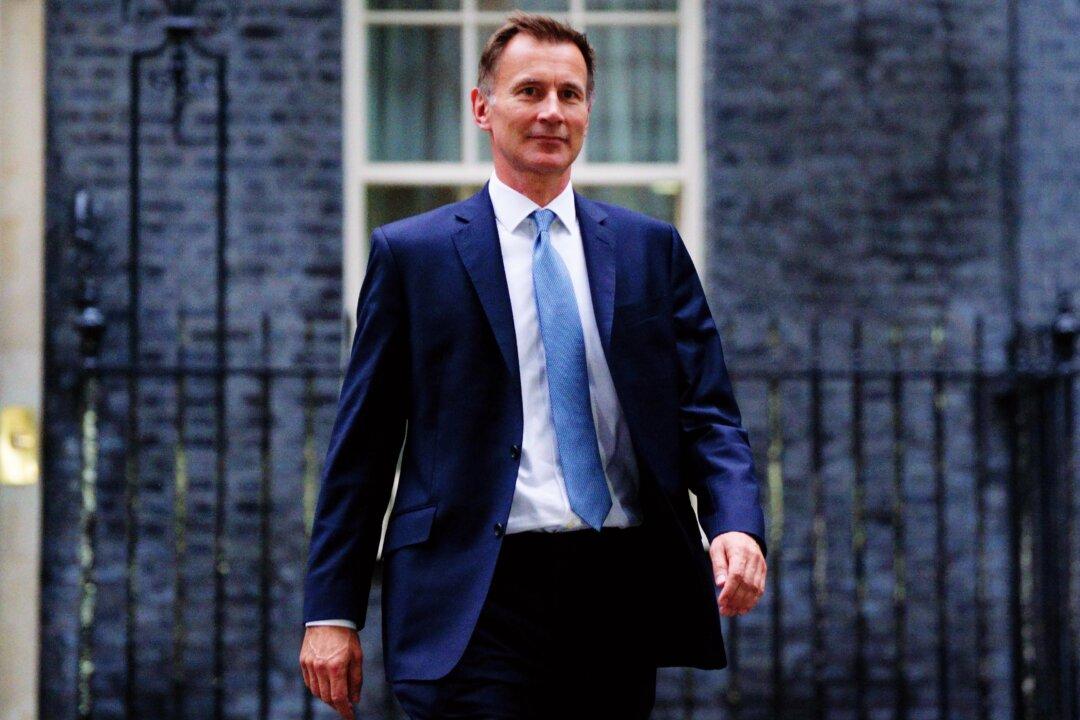The UK’s Treasury department will make some “very difficult decisions ahead,” new Chancellor of the Exchequer Jeremy Hunt said on Saturday as he alluded to tax rises and spending cuts.
In this first interview as the chancellor following the dramatic sacking of his predecessor Kwasi Kwarteng, Hunt said he would demonstrate the government’s fiscal credibility by making “some very difficult” tax and spending decisions in a bid to stabilize the financial market.





